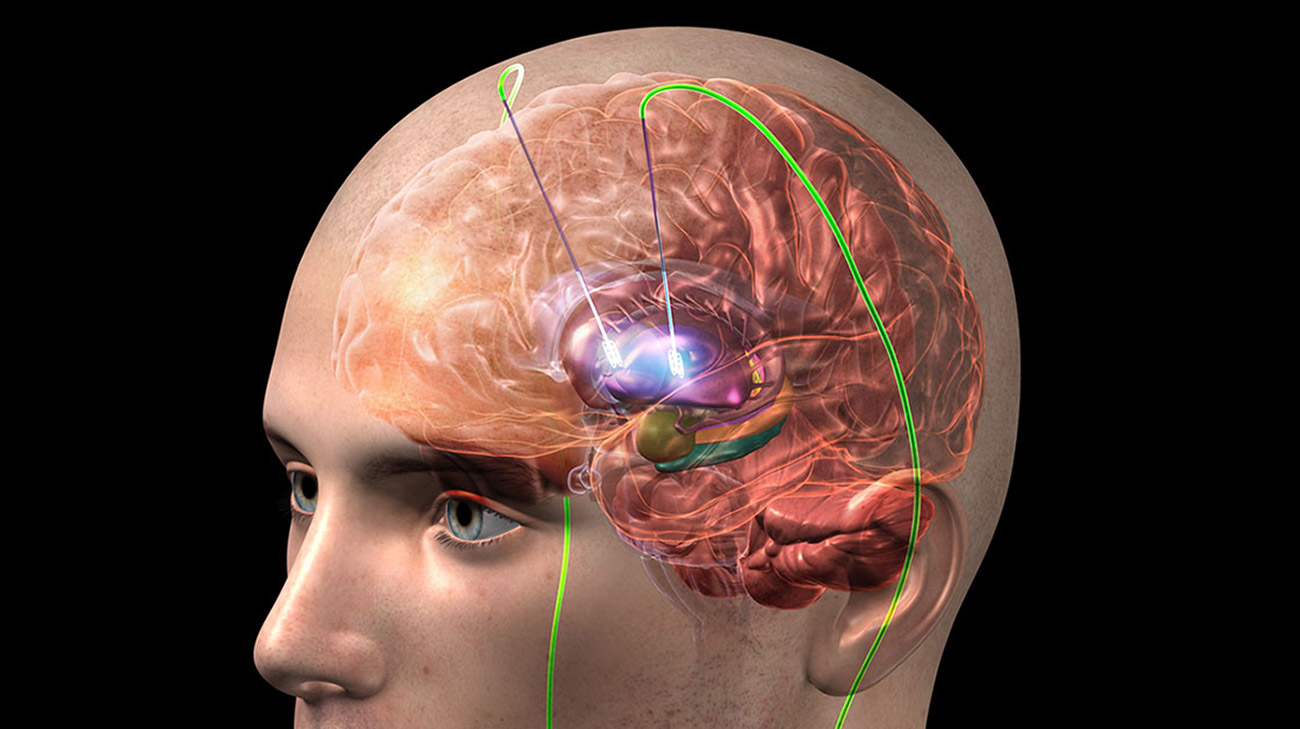Tremors are a type of movement disorder characterized by rhythmic shaking movements in parts of the body. These involuntary muscle contractions can affect areas like the hands, arms, or head, making routine tasks challenging. While occasional tremors are not uncommon and may not require medical attention, in certain situations, a consultation with a neurologist is key. Understanding these scenarios will help you make informed decisions about your healthcare.
When Tremors Need Specialist Care
Tremors that interfere with daily activities, such as eating, writing, or typing, should prompt you to evaluate their impact on your life. Functional challenges like spilling drinks or illegible handwriting often indicate an underlying condition. A neurologist’s evaluation can identify whether these tremors are associated with common disorders or complex neurological issues.
Another key reason to see a neurologist is the sudden onset of a tremor without a direct cause. Such episodes might indicate neurological changes requiring immediate attention. Tremors that appear abruptly may be linked to stroke, trauma, or even the early stages of conditions like Parkinson’s disease. A neurologist’s expertise can help differentiate between these possibilities and offer personalized intervention.
If a tremor occurs alongside other neurological symptoms, like muscle weakness, difficulty coordinating movements, or issues with balance, this could indicate a comprehensive movement disorder. These secondary signs often suggest that the nervous system’s broader functions are affected. A neurologist can investigate these symptoms holistically to pinpoint the underlying issue.
A tremor that progressively worsens over time, especially despite lifestyle adjustments or prior treatment, requires further evaluation. Gradual worsening is frequently a sign of a developing or unmanaged condition. Neurologists use advanced diagnostic tools to assess worsening tremors and recommend strategies to slow their progression.
How Neurologists Assess Tremors
A neurologist’s role in diagnosing and managing a tremor is fundamental to effective treatment. During an assessment, they will first review your medical history to identify potential triggers or hereditary factors. This thorough evaluation includes inquiries about medications, recent health changes, and family members who may also experience tremors or other related symptoms.
The next step typically involves performing a neurologic examination. This includes evaluating muscle tone, the severity of tremors, reflexes, and coordination. These tests help identify whether the tremors are physiological or part of a complex movement disorder.
Based on the neurologist’s findings, diagnostic imaging or lab tests might also be suggested. For instance, imaging like an MRI may rule out structural issues in the brain, while blood tests could uncover metabolic disorders contributing to the tremors. Another imaging technique that may be used is a PET (Positron Emission Tomography) scan. Once the cause is determined, a neurologist can develop a tailored treatment plan. This may include medications to manage symptoms, physical therapy to improve coordination, or lifestyle recommendations such as stress reduction techniques.
Book a Tremors Assessment Today
Tremors can be an early indicator of benign and complex neurological conditions. Understanding their causes and receiving appropriate treatment from a neurologist is fundamental for managing underlying conditions effectively. Schedule a comprehensive evaluation with a neurologist today for expert guidance.
- Choosing the Right Plastic Surgeon for Your Cosmetic Procedure
- Understanding Different Types of Laser Treatments for Skin Rejuvenation
- Why a Family Dentist is Key for Maintaining Oral Health
- The Benefits of Regular Visits to a Wellness Spa
- Exploring the Emotional and Psychological Triggers of Eating Disorders


Leave a Reply